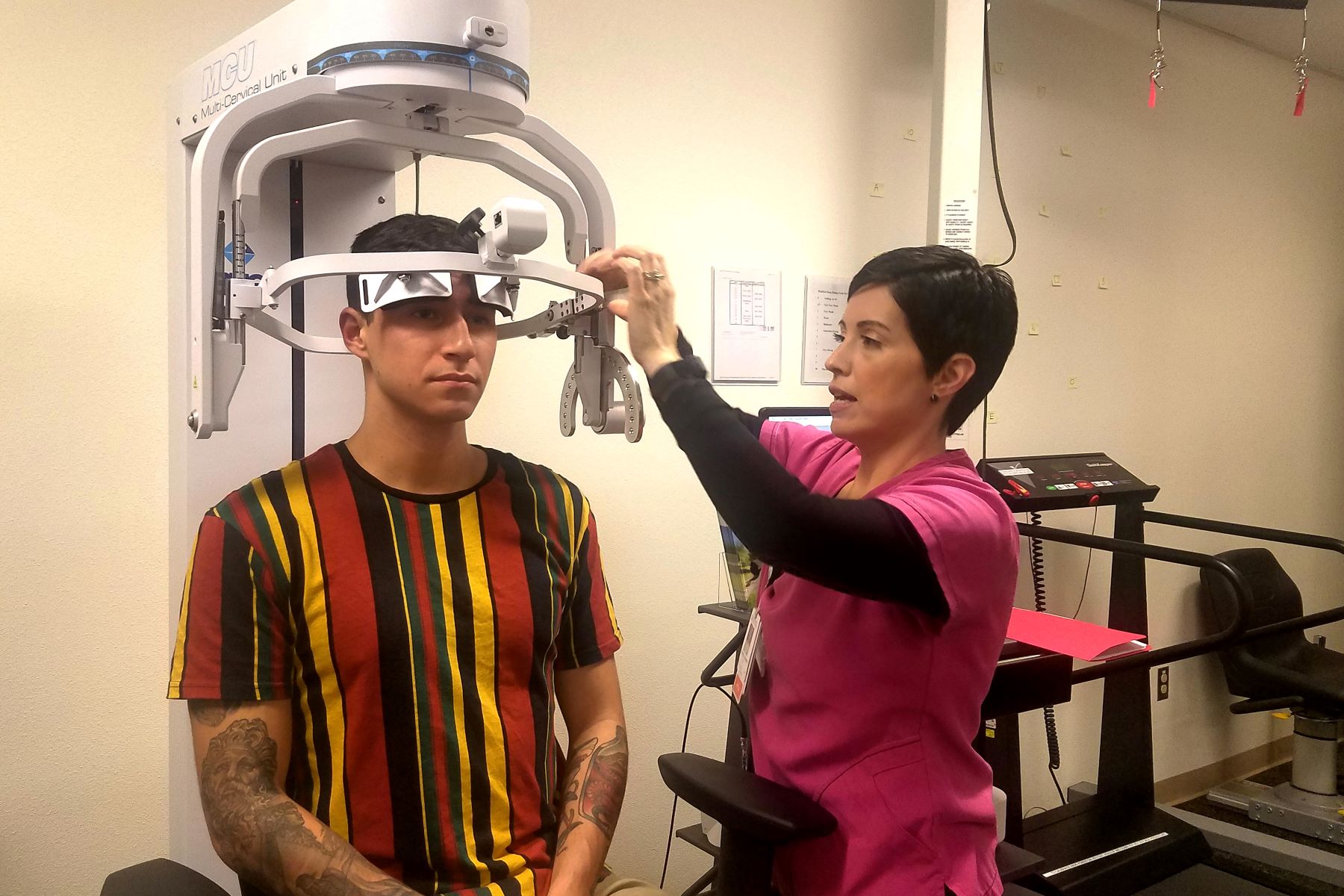
Head Injury Rehabilitation
🧠 Advanced Head Injury Rehabilitation in Bangalore
At PRS Neurosciences, our Head Injury Rehabilitation Program in Bangalore is expertly crafted to support patients through every stage of recovery—from ICU care to community reintegration. With a strong emphasis on functional independence, our multidisciplinary approach includes:
Physical Therapy: To regain strength, coordination, and movement after traumatic brain injury.
Occupational Therapy: Helping patients relearn essential self-care and daily living activities.
Speech and Swallow Therapy: Focused on communication, speech clarity, and safe feeding practices.
Cognitive Therapy: Designed to restore memory, focus, problem-solving, and executive functions.
Counseling, Nutrition & Ayurveda: Supporting emotional resilience and holistic healing through personalized care plans.
Our rehabilitation is enhanced by cutting-edge tools like NewroLOGICS, POISE, Brain Pad, and the Smart Rehab Room, ensuring tech-integrated, evidence-based progress tracking and recovery.
Why Choose PRS Neurosciences for Head Injury Recovery in Bangalore?
Decades of experience in neurosurgical and neurorehabilitation care
Specialized programs for traumatic brain injury (TBI) and diffuse axonal injury (DAI)
Customized rehab goals set using clinical metrics and family inputs
Access to 24/7 multidisciplinary support and advanced neuro tech
If your loved one is recovering from a head injury and requires a trusted rehabilitation center in Bangalore, reach out to PRS Neurosciences to learn how we can support their journey back to independence and function.
Contact Us
8884022088
info@prsneurosciences.com
6 BCIE, 5TH Main, Okalipuram, Kranthikavi,Sarvanga Road, Bengaluru, Karnataka, 560021

